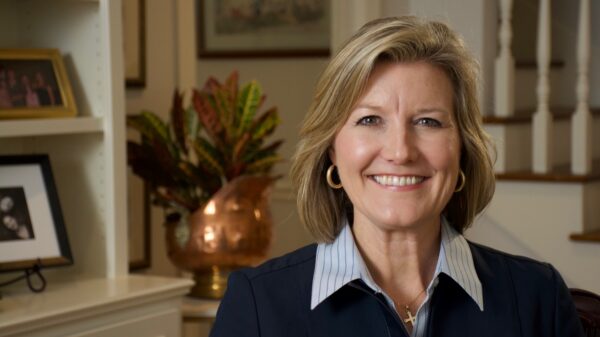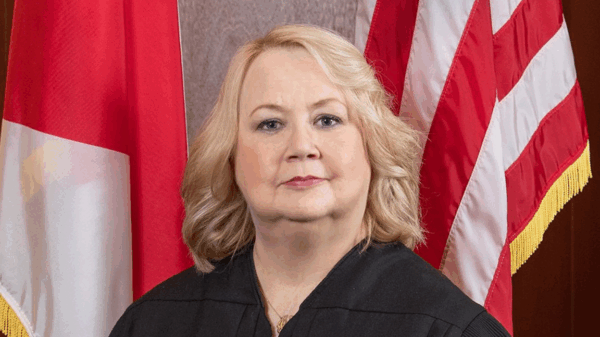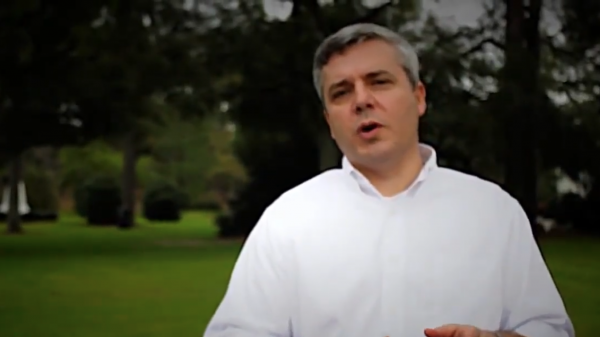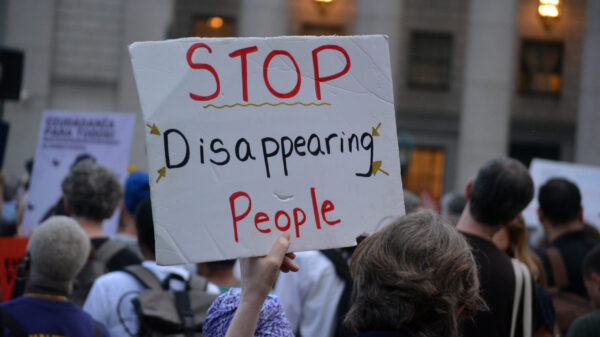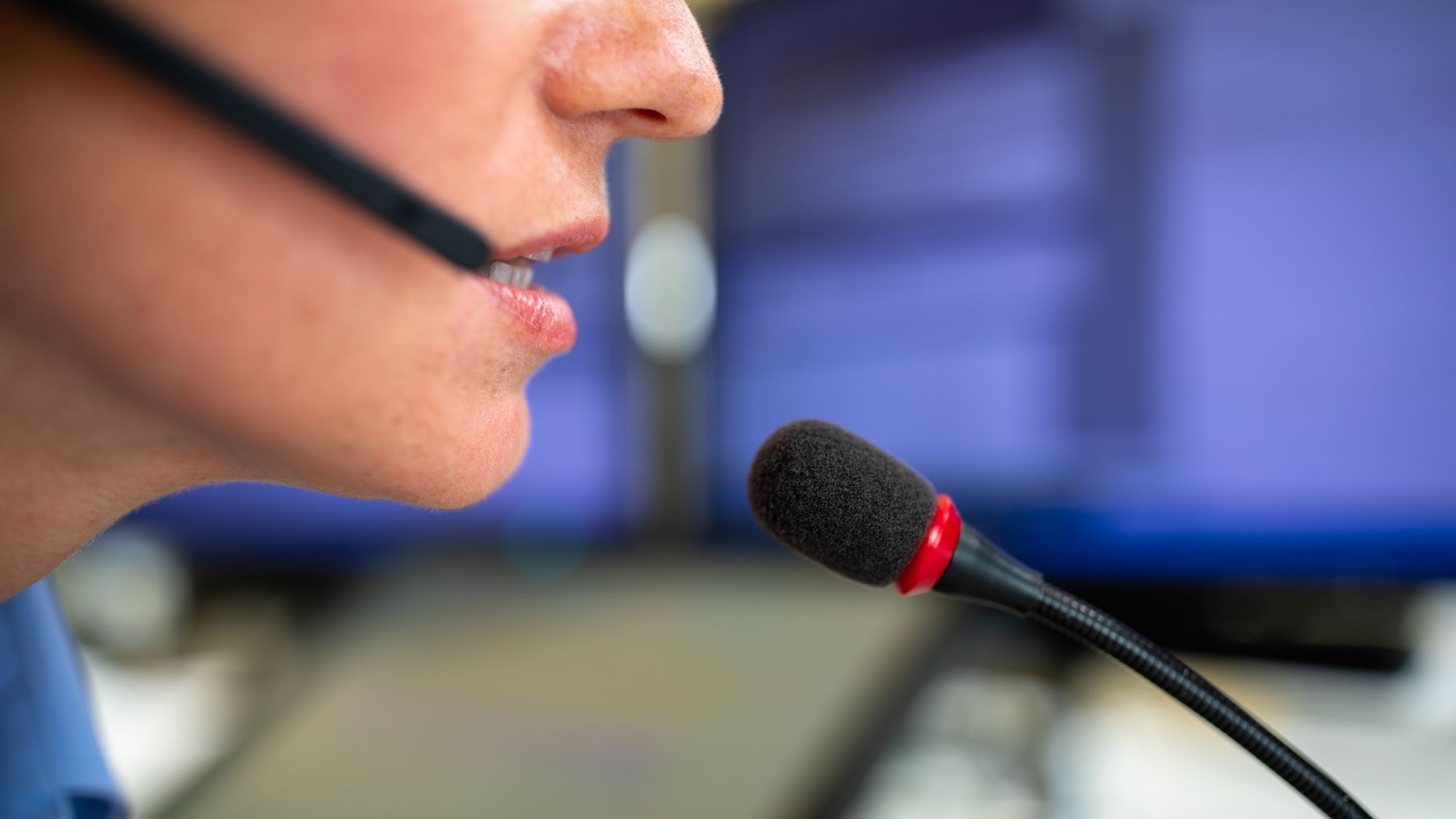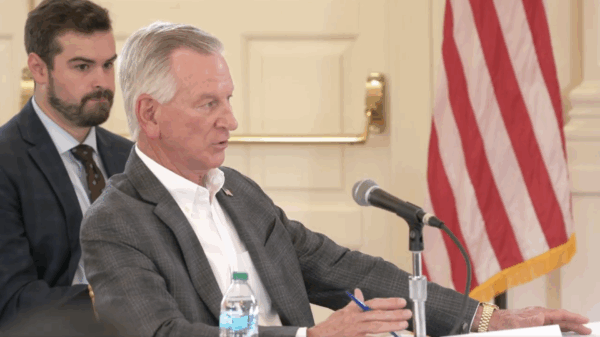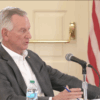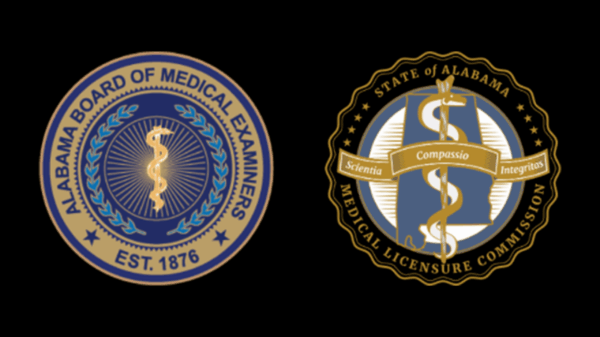The Alabama House and Senate are considering legislation to fund a statewide 988 suicide and crisis call hotline and response services.
While no lawmaker or business entity has expressed opposition to a crisis care system, there is debate on how it should be funded.
SB328, sponsored by Sen. Garlan Gudger, R-Cullman, and HB389, sponsored by House Ways and Means General Fund chair Rex Reynolds, R-Huntsville, establishes the 988 Crisis System of Care Act by raising the monthly cost of cell phone ownership.
To fund the call centers and support staff, the Legislature would add a surcharge on every cellphone line of at least 98 cents and not more than $3 per line per month.
Data provided by Allconnect finds that the average cost of cell service in the U.S. is $113 a month. For a single line, it is around $56, with a family of four paying $175-$230, depending on the features and data package.
Under the proposed legislation, a family of four in Alabama would see an increase in monthly costs of around $4 up to $12 a month.
As pointed out in a recent Senate committee hearing, the per-line surcharge is a regressive tax, imposing a higher burden on low-income Alabamians, especially working families with multiple phone lines.
The importance of the system is not in doubt, as the Substance Abuse and Mental Health Services Administration (SAMHSA) found 41 percent of Alabama adults sought medical treatment for a mental health issue between 2017-2019. Those numbers rose more sharply nationwide during the COVID-19 pandemic.
The debate over the two bills centers around how the 988 system and accompanying bureaucracy should be funded.
Under the proposed law, the cell phone upcharge would generate approximately $69 million yearly in new revenue.
Holly McCorkle, executive director at the Alabama Council for Behavioral Healthcare, said this is the “biggest piece of mental health legislation that’s been before the Alabama legislature,” according to the Alabama Reflector. “With the amount of money that would be generated by this fee, this would be more than what’s already been invested in crisis services through the legislature in the past few years,” she said.
While other states use some fees to fund 988 centers, most tap the state’s general fund appropriations and federal funds to pay for the services.
If the legislation in its current form is passed and signed into law by Gov. Kay Ivey, it would be the most expensive 988 fee in the nation.
By comparison, other states pay a significantly lower rate:
- California – $0.08 – up to $0.30/month
- Colorado – $0.30/month
- Nevada – $0.35/month
- Virginia – $0.12/month
- Washington – $0.40/month
- Alabama – $0.98/month
As the comparison shows, Alabama’s charge to consumers would be more than double the next highest fee of 40 cents in Washington state.
As one political consultant noted, “Any lawmaker who opposes this bill will seem heartless but supporting higher taxes as the only solution is not politically savvy.”
Asking not to be quoted by name, the consultant further observed, “Look, when lawmakers spend 10 million or even 100 million on some project, most people ignore it or just shake their heads in disbelief. But when you tax their cell phone, they will notice because some smart operative will point that out in the next Republican primary, and people will understand what $5 or 15 dollars a month means. They have no real concept of a 100 million.” They said, “The ad writes itself.”
Wireless providers hope they can negotiate with the Legislature to find a solution that doesn’t overly burden cell phone customers and instead uses taxes already in the General Fund budget and federal dollars to offset the cost to cell users.
Alabama has the fifth highest 911 tax in the country at $1.86 per line per month, adding another fee telecommunications providers feel is an overreach.
The 911 taxes fund only government-operated Public Safety Answering Points for call taking and routing. The 911 tax does not fund police, fire or EMS services funded by state and local budgets. However, the 988 fees would fundamentally pay for the crisis response teams and other services, which is considered a general fund appropriation rather than a cost to every cell phone user.
Gudger’s bill received a favorable report last week in the Senate of the Fiscal Responsibility and Economic Development committee on a 9-0 vote, with one abstention, and could be considered by the Senate as early as Tuesday.
House legislation is stalled for now. However, there is a proposed substitute bill in the House to bring it in line with the legislation the Senate is considering.




